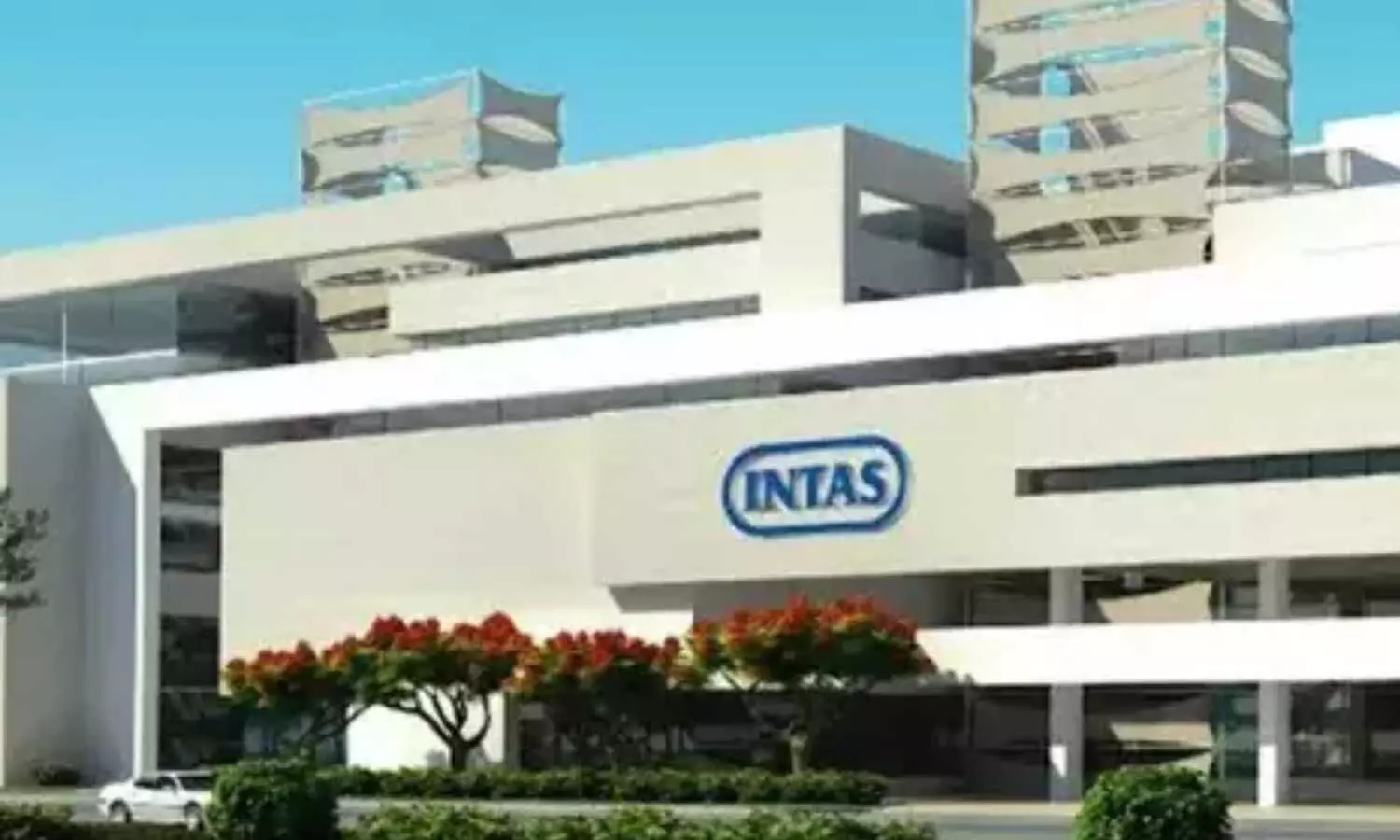Intas Pharma Told to Revise Phase I, III Pembrolizumab Trial Protocol
- byDoctor News Daily Team
- 24 September, 2025
- 0 Comments
- 0 Mins

New Delhi: The Subject Expert Committee (SEC), functioning under the Central Drugs Standard Control Organisation (CDSCO), has asked Intas Pharmaceuticals to revise its clinical trial protocol for Pembrolizumab concentrate for solution for infusion (100 mg/4 mL vial; 25 mg/mL). This came after the firm presented the proposal for grant of permission to conduct a Phase I/III study titled “A Phase-1/3, Randomized, Assessor-Blind, Active Controlled, Parallel, Two Arm, Multicenter Study, to Compare Efficacy, Safety, Pharmacokinetics, and Immunogenicity of INTP58 versus Keytruda, Both Administered With Platinum-Doublet Chemotherapy, in the First-Line Treatment of Patients With Locally Advanced or Metastatic Squamous or Non-squamous Non Small Cell Lung Cancer” vide Protocol No. 0142-25 version No. 1.0 dated 22 April 2025. Pembrolizumab is a PD-1 blocking antibody used to treat various types of cancer, including metastatic melanoma, non-small-cell lung cancer, cervical cancer, head and neck cancer, and Hodgkin's lymphoma. Also Read:Merck injectable version of blockbuster cancer therapy Keytruda gets USFDA approval Pembrolizumab binds with high affinity to the cell surface receptor programmed cell death protein 1 (PD-1) and antagonizes its interaction with its known ligands PD-L1 and PD-L2. Under normal circumstances, the binding of the ligands of PD-1 to the receptor inhibits the TCR-mediated T-cell proliferation and cytokine production. This inhibitory signal appears to play a role in self-tolerance and collateral damage minimization after immune responses against a pathogen and maternal tolerance to fetal tissue. The binding of pembrolizumab to PD-1 prevents this inhibitory pathway, causing a physiological shift towards immune reactivity and enhancing tumor immunosurveillance and anti-tumor immune response. At the recent SEC meeting for Oncology, the expert panel reviewed the Phase I/III study protocol for Pembrolizumab concentrate for solution for infusion (100 mg/4 mL vial; 25 mg/mL). After detailed deliberation, the committee opined that the firm shall submit the following justification for further review by the committee. 1. PFS and OS should be adequately powered and included as endpoints. 2. Inferiority margin should be narrowed. 3. The dose of Paclitaxel should be reduced 4. Study duration should be increased, and OS should be assessed at around 52 weeks 5. Subgroup analysis should be as per PD-L1 expression also. Accordingly, the expert panel suggested that the firm should submit a revised protocol to CDSCO for further evaluation by the Committee.
Disclaimer: This website is designed for healthcare professionals and serves solely for informational purposes.
The content provided should not be interpreted as medical advice, diagnosis, treatment recommendations, prescriptions, or endorsements of specific medical practices. It is not a replacement for professional medical consultation or the expertise of a licensed healthcare provider.
Given the ever-evolving nature of medical science, we strive to keep our information accurate and up to date. However, we do not guarantee the completeness or accuracy of the content.
If you come across any inconsistencies, please reach out to us at
admin@doctornewsdaily.com.
We do not support or endorse medical opinions, treatments, or recommendations that contradict the advice of qualified healthcare professionals.
By using this website, you agree to our
Terms of Use,
Privacy Policy, and
Advertisement Policy.
For further details, please review our
Full Disclaimer.
Recent News
AIIMS INI SS January 2026: 4 seats added in 2 spec...
- 01 November, 2025
Treatment in Myocardial Infarction and Non-Obstruc...
- 01 November, 2025
PG medical admissions 2025 commence in Bihar, chec...
- 01 November, 2025
Assam to begin NEET PG 2025 counselling from Novem...
- 01 November, 2025
Daily Newsletter
Get all the top stories from Blogs to keep track.


0 Comments
Post a comment
No comments yet. Be the first to comment!